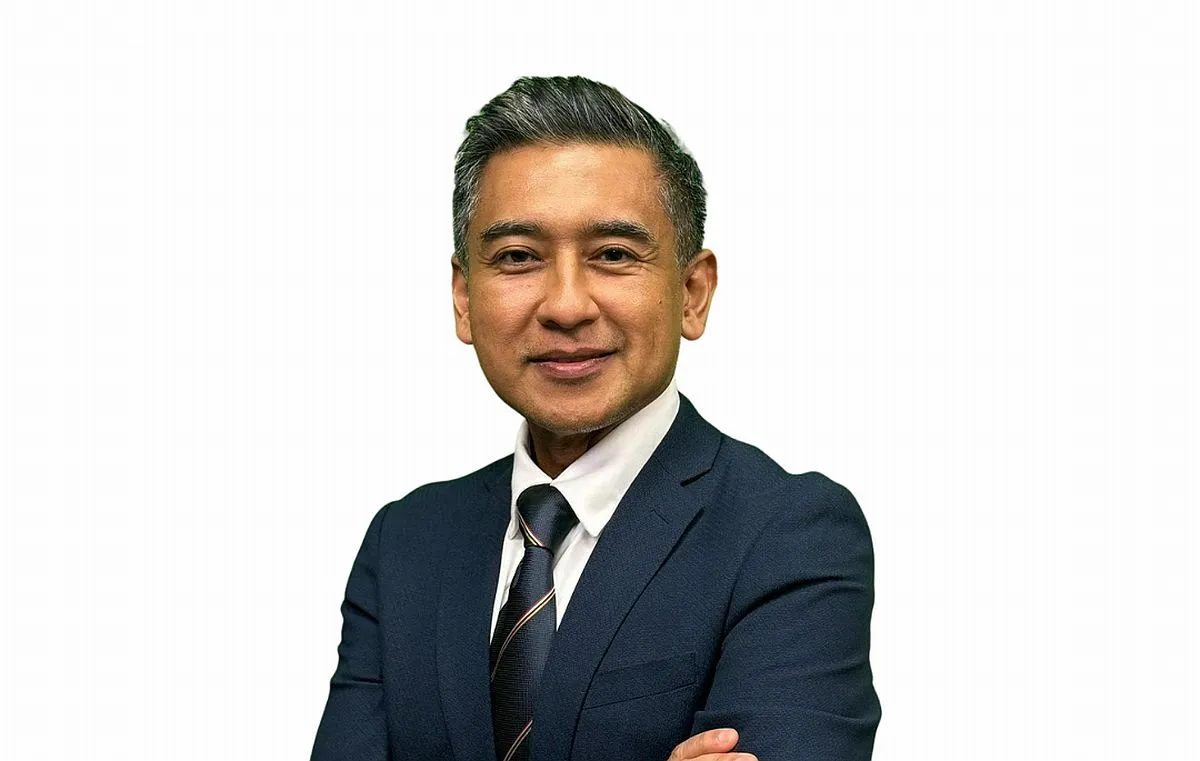Vaccines For The Heart
Dr Azmee Mohd Ghazi explains why protecting against RSV belongs in Malaysia’s cardiovascular playbook, other than influenza and pneumococcal infections.

KUALA LUMPUR, Oct 1 — Every World Heart Day is a reminder that prevention is not only about pills and procedures. It is also about tackling hidden triggers that tip vulnerable hearts into crisis.Respiratory syncytial virus, or RSV, is one such trigger of respiratory infections. In older adults, RSV does not always look dramatic at first, yet it can inflame the body, strain the lungs, and precipitate cardiac events in people with underlying heart disease.In a meta-analysis of laboratory-confirmed adult RSV cases, up to one in five patients experienced cardiovascular complications such as heart failure exacerbations, arrhythmias, myocardial infarction, or stroke.
“As cardiologists, we often meet patients after a crisis. The lesson RSV teaches us is simple. If we can prevent the infection, we may prevent the cardiac spiral that follows,” says Dr Azmee Mohd Ghazi, Head of Cardiology and consultant cardiologist at Institut Jantung Negara.
This clinical reality is now reflected in guidance. The European Society of Cardiology’s Clinical Consensus Statement (2025) frames vaccination as a new form of cardiovascular prevention, especially for older adults and those living with heart disease.
Malaysia’s Burden Makes Prevention Urgent
Cardiovascular disease remains a dominant cause of death in Malaysia. Official statistics show ischaemic heart disease accounted for around 15 to 18 per cent of deaths in recent years, alternating with pneumonia as the top cause depending on the year.
Risk factors are widespread. Hypertension affects about 30 per cent of adults. Hypercholesterolaemia is common, with overall prevalence around 38 per cent in National Health and Morbidity Survey (NHMS) 2019. And more than half of Malaysian adults are overweight or obese, amplifying cardiometabolic risk.
In other words, millions of Malaysians live close to the edge. Add a severe respiratory infection, and the margin shrinks further. Lecture materials used by physicians reinforce this pathway.
RSV can be difficult to distinguish from influenza in adults and older adults, is under-tested, and is linked to more severe clinical courses, longer hospital stays, and higher one-year mortality than influenza in hospitalised seniors.
RSV Vaccination: Protecting Lungs And Hearts
Science is converging on a practical message. Preventing RSV, especially in older adults, lowers the risk of serious respiratory disease and may reduce the cascade of inflammation, hypoxia, and haemodynamic stress that provokes cardiac decompensation. That is why several medical professional bodies now recognise RSV vaccination for older adults at higher risk.
The ESC consensus adds cardiovascular framing to this advice, highlighting vaccination for older individuals, people with coronary artery disease, heart failure, transplant recipients, and other high-risk groups.
Malaysia has taken a step forward by authorising RSV vaccines for adults aged 50 and above, with additional at-risk use in some jurisdictions. This provides a concrete tool for clinicians and families to act before the monsoon-season surge in respiratory viruses.
“RSV vaccination gives us a new lever,” notes Dr Azmee. “For an older person with hypertension and raised cholesterol, one bad chest infection can become a heart failure admission.
“Vaccinating before the RSV season is a commonsense way to protect both lungs and heart. However, worth to take note that RSV is presenting all-year round in Malaysia.”
Plain Language Physiology
Why does a chest virus trouble the heart? RSV infects the airways and triggers an immune response. In older or vulnerable adults this can lead to inflammation, thicker secretions, lower oxygen levels, and higher work of breathing.
The resulting stress hormones, pro-inflammatory cytokines, and a transient hypercoagulable state can destabilise coronary plaques or overwhelm a weakened heart.
This is why studies in adults hospitalised with RSV have documented substantial rates of acute heart failure, arrhythmias, and ischaemic events, with risk highest in those aged 75 and above or with pre-existing cardiovascular disease.
A Malaysian Lens On Action
Translating consensus into practice requires local context. Malaysia’s combination of high hypertension prevalence, significant lipid disorders, and rising overweight and obesity sets the stage for compounding risks in older adults.
Couple this with evidence that RSV in seniors can be hard to recognise and is often under-tested, and it is clear why prevention matters.
What should we do now this World Heart Day?
- Policymakers: Integrate adult RSV vaccination into national healthy-ageing and NCD strategies, starting with those aged 60 and above and people with cardiovascular disease. Align public messaging with the ESC consensus that views vaccination as cardiovascular prevention.
- Health Care Providers: Treat RSV vaccination like the flu and pneumococcal shots in risk-based care plans for adults and older adults with heart disease. Use clinic visits for blood pressure, lipid checks, and vaccination status in one conversation.
- Families: If you have parents or grandparents over 60, ask their doctor about RSV vaccination before the high-transmission months, alongside management of blood pressure, cholesterol, and weight.
“Prevention is powerful when it is layered,” says Dr Azmee. “Medication adherence, diet, and exercise remain essential. Adding targeted vaccination against RSV helps close a dangerous gap for older Malaysians.”
World Heart Day is about action that saves lives. This year, let us widen the definition of heart prevention to include the infections that push fragile hearts over the brink.
Keeping older Malaysians out of hospital this RSV season is not only a respiratory victory. It is a cardiovascular one too.







